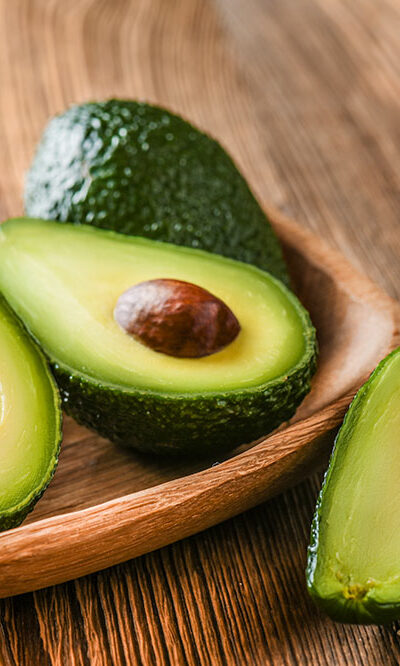
6 superfoods for lactating mothers
Lactating moms should fuel their bodies with the best foods so the child grows healthier. During the time of breastfeeding, the mother’s body is making milk 24 hours per day. Generally, breastfeeding moms feel hungry ever so often. This appetite comes from the energy the body polishes off for producing milk. High on energy and low on calories, these six superfoods offer adequate nourishment for the mother and the child. Avocados Avocados contain healthy fats that will not only provide you with necessary energy over the course of the day but also assist you in controlling your cholesterol levels. Avocados are also plentiful in protein, vitamin E, and folate, all of which assist in the improvement of your child’s focal sensory system. Nuts Nuts are full of essential minerals such as iron, calcium, zinc, vitamin B, and vitamin K. They contain fatty acids and protein. Nuts are considered lactogenic in many parts of the world, meaning they are sometimes used to produce breast milk. Legumes or beans Legumes are a versatile food option for breastfeeding mothers, as they are a rich source of folate, iron, protein, vitamins, minerals, phytoestrogens, and fiber. Breastfeeding mothers require extra 25 grams of protein per day. You can snack on hummus or put extra beans in chili. Seafood Seafood is a powerhouse of omega-3 fatty acids, which is essential for brain development in the child. Include salmon, herring, pollock, sardines, and trout in your meals but avoid albacore tuna, swordfish, shark, and king mackerel, as they are high in mercury. Dairy Pregnancy and breastfeeding take away calcium from the bones, so it’s necessary to replenish it. Dairy products such as cheese, milk, and yogurt are good sources of calcium and vitamin D. Aim for a minimum of 3 cups of dairy products each day. Whole grains Lactating mothers should eat at least 8 ounces of whole grain per day if breastfeeding and 6 ounces if they are also formula-feeding.










